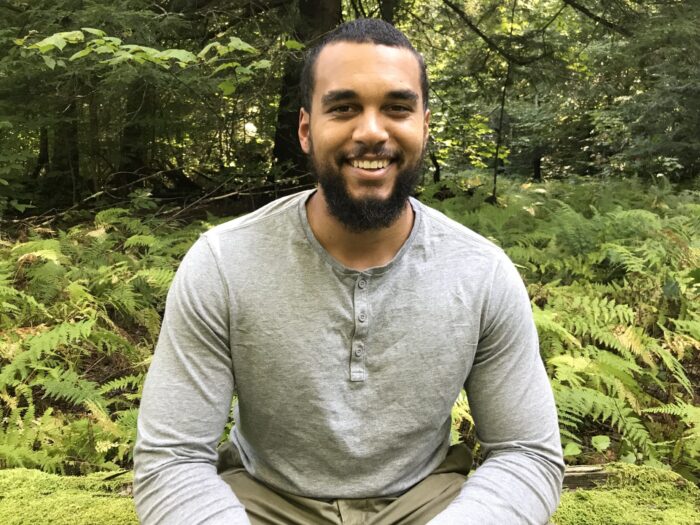Shortlist interview: Kai Thomas
5th June, 2024
In the fourth of our shortlisted author interviews, Kai Thomas tells us more about his book In The Upper Country.
How do you feel about being shortlisted for the Walter Scott Prize for Historical Fiction? Do you consider yourself an historical novelist?
My novel being shortlisted for this prize triggers waves of elation, disbelief, and pride in me. Especially when I think about the fine work of my peers on the short and long list—it sends me on that loop!
I can’t say that I’ve ever thought of myself as a historical novelist despite the fact that my only published novel is “historical”. I think it’s because, as a reader, I have a pretty broad palate. I draw profound influence from speculative fiction, theatre, journalism, music and sport, for that matter. I’m a novelist—that much I can claim. “History” was the setting for the story I wanted to tell.
How did the people and times you write about in this novel first lodge in your imagination?
I learned about the war of 1812 and the Underground Railroad coming up in school. These were two chapters of history that were supposed to have imbued certain values in the Canadian identity. I think those schooldays were when I began imagining into that history.
What place does research have in your writing? When does the fiction take over from the facts?
One of the things I like about writing a novel is that research can be uncontained. For me, research is simply the inquisitive labour of learning about the world around me—through study, observation, interaction… In that sense, the research never stops.
The facts of history seem infinite, but they’re not. There is so much that the historical record can never fully contain. My strategy was to identify those limits of history, and let the fiction begin there, in the space beyond.
Can writing about the past help us to deal with the present and think about the future?
I think that if writing about the past can encourage writers and readers to think with more wonder and breadth, then it could certainly help deal with present and future affairs.
The Walter Scott Prize has a younger sibling, the Young Walter Scott Prize, which is a creative writing prize for young people (11-19 years), who are asked to write a short story set before they were born. If you were asked for one tip to help young writers start writing historical fiction, what would it be?
Home in on the topics that most interest you—they have a place in your story.

